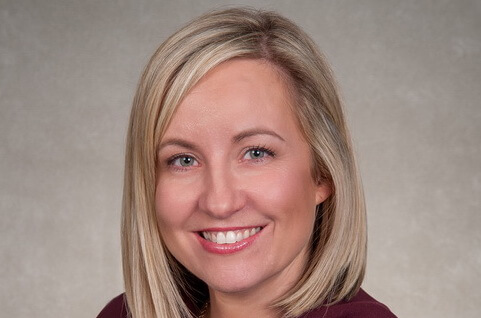PERSON OF THE WEEK: How is the impact of COVID-19 crisis on the mortgage industry different when compared with the economic crisis of 2008?
And what are the major changes this particular crisis will bring about for the industry?
Weighing in on these and other questions is Tanja Cleve, vice president of mortgage solutions for Equifax. Cleve has nearly 20 years of experience working with sales engineering teams in the financial services industry, as well as working with data analytics solutions that verify employment and income.
Q: What is the biggest challenge lenders face as a result of the COVID-19 pandemic and how is this crisis different from the financial crisis of 2007-2008?
Cleve: The financial crisis that began in 2007 was an awakening for the mortgage lending industry. It demonstrated that the accepted way of doing business needed to change: The reins had to be tightened to avoid further losses. That crisis was a result of financial imbalances – some borrowers were approved for loans without properly verifying whether they had the ability to pay.
But with the COVID-19 crisis, borrowers can’t repay due to the economic impact of the pandemic – it has nothing to do with the underwriting of their loans. For mortgage lenders and servicers, the struggles resulting from this crisis are more like dealing with a natural disaster.
One of the greatest challenges lenders and servicers are dealing with during the pandemic is that their employees and customers are being impacted simultaneously. Organizations are trying to keep their business running and employees safe – all while meeting customer needs, contending with high levels of demand, managing fluctuating portfolios, and balancing risk.
These challenges have created a perfect storm. For the mortgage industry as a whole, the greatest challenge today is calculating risk due to the velocity of change. These unprecedented conditions mean that mortgage professionals are experiencing systemic operational challenges, including identifying risk within their portfolio; marketing and retention of performing assets; and efficiently executing policies and procedures in accordance with regulatory and compliance guidelines.
Much of the mortgage industry must also now process requests, make decisions, and obtain documents remotely, making it more important than ever for lenders and servicers to convert their cumbersome manual paper-based processes to seamless, online digital processes.
Q: What is the greatest accomplishment of your career?
Cleve: The industry has made great strides in creating a paperless mortgage experience. Implementing and investing in technology solutions that enable lenders to efficiently and effectively manage shifts in the marketplace and meet the needs of the consumer has become increasingly important.
I’ve had an opportunity to influence and support these changes in partnership with several key investor programs. The entire industry is taking advantage of driving efficiencies that come from deploying new technologies to automate, simplify and speed up each step of the mortgage process, helping to bring us closer to a complete end-to-end digital experience. Investor engagement and approval of these tools is a critical component to this industry change.
The relationships and professional growth that comes with working closely with some of the most influential players in our industry has been my greatest challenge and reward. Bringing solutions and services to make digitalization easier for customers has helped pave the way for a completely digital experience for the industry. We will only continue to evolve with new solutions as consumer, regulatory and industry demands change.
Q: What is the biggest change you have seen in the industry since you began your career?
Cleve: Having been in the industry since prior to the 2008 crisis, I’ve definitely seen some changes. The modernization and digitization of the mortgage origination process, end to end, is definitely one of the biggest advancements.
Technology has played a key role in driving lenders’ operational efficiencies. In today’s market, the most successful lenders are those that best balance the human touch with technology, and that meet borrower expectations of speed and convenience all while delivering a positive customer experience. This requires the right technology solutions and thoughtful change management.
More than ever, originators are investing in tools, technology and data that accelerate the application process, such as pre-populating digital documents with any personal information available. Information is more readily available to the borrower online, eliminating some of the personal interaction with lenders and originators. Online information geared toward the tech-savvy, hands-on borrower, such as educational materials, loan calculators and chat boxes for frequently asked questions are now regular capabilities lenders provide and borrowers expect.
However, not all consumers want a completely digital experience, which is why humanizing of the process is so important. A balance of people and technology is the secret sauce of those who are best in class.
While the industry has benefited from the efficiencies and cost-savings technology has delivered, mortgage professionals must continue to embrace change and adopt advancements to help redefine the mortgage process. I am excited about what the future holds for our industry.











